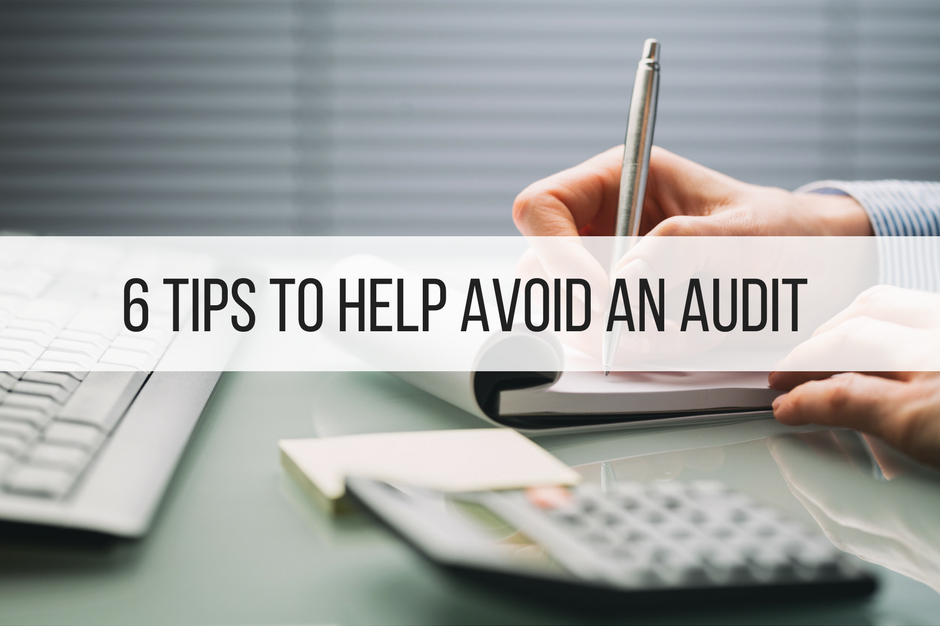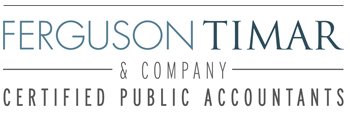
Less than 1% of Americans will be audited by the IRS every year. Some may be completely random, yet many are because the taxpayer did something questionable within his or her tax return. There are some common areas of concern that may catch the attention of IRS auditors. It’s good to know what to be aware of when filing your taxes.
Here are some helpful tips that will improve your chances of avoiding a tax audit:
1. Check your math.
Even if you’re an expert mathematician, make sure to double-check your numbers with a calculator. Simple math errors can lead to big mistakes on your tax forms – especially pertaining to capital gains. Check for any numerical discrepancies or have a professional like Ferguson, Timar & Company look over your paperwork before submitting your tax return.
2. Don’t forget to sign.
This happens more often than you’d think! After spending so much time preparing the return and making sure everything is correct, many people will simply forget to sign the form. Sending in an unsigned tax return may cause the IRS to question other important areas of your form.
3. Be conservative on donation amounts.
Whether it’s clothes, food, cars or property, donating to charity is great. However, you want to be careful with your donation estimates. Try to avoid claiming too much when writing off these items. As a basic rule of thumb, the IRS usually prefers seeing items valued between 1% and 30% of the original purchase price. Anything beyond that will raise eyebrows. For high-value donations, consider getting a letter from an appraiser to support your claim.
4. Be aware of home office deductions
Another common red flag for the IRS is home office deductions that are unwarranted or are too high in relation to your reported income. Be cautious with these deductions and consult a professional tax preparer to avoid questionable decisions.
5. Report all of your income.
If you’re in the cash business, documenting your income is especially important. Failing to include all of your income can cause you to pay back taxes, plus penalties and interest. The safe bet is to track everything carefully and report it all.
6. Be prepared if you make more than $100,000.
The IRS is more likely to scrutinize taxpayers in higher income brackets. Unfortunately, there isn’t much you can do to control this policy. Yet, being extra careful and attentive to tips 1-5 above can help decrease your chances of being audited.
It never hurts to have a professional tax preparer on your side in order to avoid these common audit-inducing mistakes. And, if you do happen to get audited, you will definitely want to consult with an expert. Contact Ferguson, Timar & Company for help with all your tax preparation and audit resolution needs.

Leave a Reply